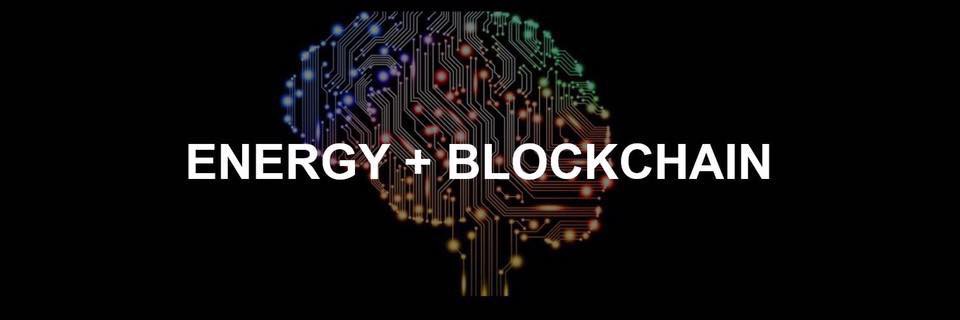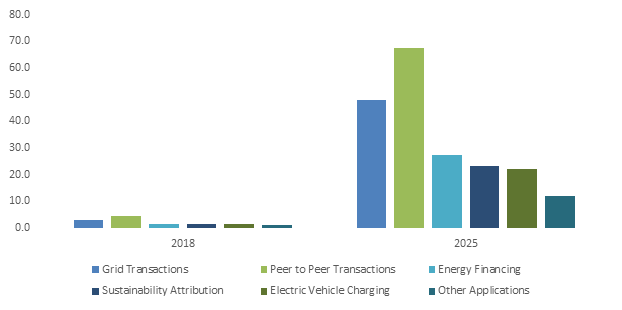How Blockchain Will Disrupt The Energy Sector
June 26, 2019

A blockchain is a collection of information/transactions made through contracts or cryptocurrencies, stored in a digital, distributed peer-to-peer network. The technology behind blockchain is based on a distributed computer network which verifies the authenticity of transactions while being immutable, and without having a central authority.
Blockchain is characterized by possessing, and providing the following characteristics immutability, decentralization, trust, and efficiency. For the energy sector possible applications include, microgrids, energy trading, and smart meters. In recent years there has been a rise in businesses and households producing renewable energy, yet they are not able to trade surplus energy with other users, only sell it back to the utility. Given that blockchain is based on a P2P system, in deregulated states it has the power to disrupt that market by setting up a marketplace for renewables. Implementing blockchain on the scale of a microgrid would allow households who produce solar to sell renewable energy directly to other users on the blockchain instantly. In addition, the introduction of smart meters with blockchain controlled sensors can help make the grid more reliable, resilient, and secure. Smart home appliances will be able to coordinate purchases of electricity through the blockchain depending on their usage, and actively react to the grid during peak times to curtail use.
Currently, companies are conducting pilots for all these applications at a small scale, and in the coming 5-10 years mainstream adaptation of this technology will mark a new age for energy. Countries like Germany are at the spearpoint of innovation, as shown in the Global Market Insight’s diagram pinpointing forecasts for the value of blockchain technology in their energy market. This is a depiction of the impact blockchain can have whenever it is adopted in a market.

